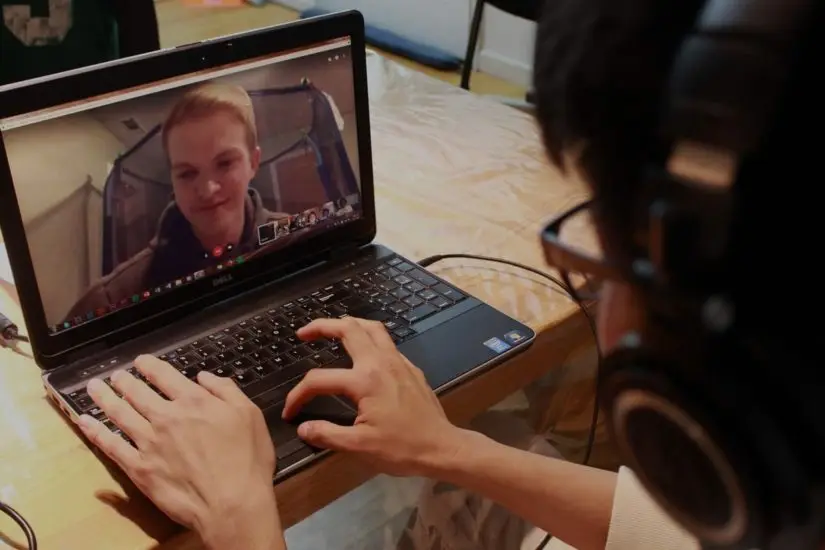College Students Deserve More than “Zoom University”

You already know it far too well and you’re tired of hearing it from every company that you gave your email address to so I don’t have to remind you: 2020 has been…different.
This year we’ve had to adapt a little more than usual.
Lots of people traded their cubicles for couches and home offices. Education has undergone a pretty significant reimagining. In some ways, it feels like we’re relearning how to work, play, and learn!
When the coronavirus didn’t disappear over the summer as many hoped, universities faced the challenge of adapting to the pandemic as students returned to school. Many schools incorporated virtual learning to reduce the size of in-person groups. One digital tool that many colleges landed on was the video conferencing platform Zoom.
Thus, “Zoom University” was born.
Essentially, Zoom University was a term coined (affectionately?) by students who found whatever humor they could in their predicament: stuck in a dorm room, (or worse yet, at home!) with nowhere to go and nothing to do but attend lectures delivered virtually via the Zoom platform.
The future of education in your inbox.
Get productivity tips, commentary, and Unbound updates sent to you!
So much for the college experience.
Students haven’t missed the painful irony of paying tuition for a bunch of glorified Zoom webinars. Memes weren’t far behind. One image cut right to the point, declaring: “I paid too much for this education.”
Others drew parallels between college tuition and the prices of streaming services, drawing a fair conclusion: the tuition wasn’t worth it.
While some students have made their memes and moved on, we would miss some interesting insights if we just stopped there.
The truth is, “Zoom University” has revealed a lot about traditional higher education that’s been hiding behind the curtain all this time. An often-clumsy transition to virtual learning has unmasked (no pun intended, I promise) the reality that much of the advertised value of college has been built on the “college experience” and the inherent assumption that college is a necessary expense.
Now students are stuck watching Zoom lectures and paying tuition for it.
Dare I state the obvious: YouTube is free?
If the Zoom University phenomenon has taught us anything, it’s that college has to incorporate more than parties and lectures to justify the $50k per year price tag. And often, that price tag can’t be justified anyway.
We’ve learned that in our digital world, education is growing more accessible for students looking to save a buck (or fifty-thousand). Affordable education is out there!
And we’ve realized that college has to offer value beyond academics. It has to provide students with the opportunity and equipment to understand their place in the world and the calling on their lives. College has to prepare students to live in the real world that is much bigger than a screen. Students need a place to build relationships, community, and a strong network for their launch into life beyond college.
It has to be what we at Unbound like to refer to as a functional education.
The move to virtual higher ed this year has been revealing. I hope it has caused some to re-examine the value of traditional college in light of the resources available to us in this digital world. College isn’t all bad. We’re not arguing that.
We’re just saying Zoom lectures aren’t worth your student’s college savings fund.
Think about it. I mean really think about it and consider: would you send your student to “zoom university”?
Holding out for a better option? We would be too! Luckily, there are alternatives out there for your student. We humbly introduce you to Ascend: the most intense, most robust, most friendly, most exclusive college program on planet Earth.



